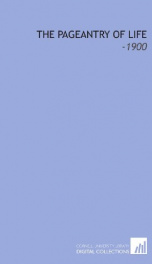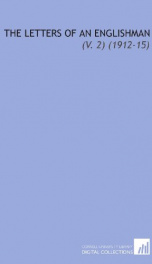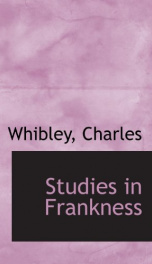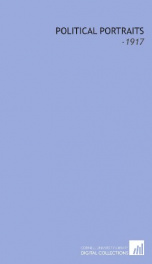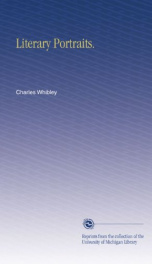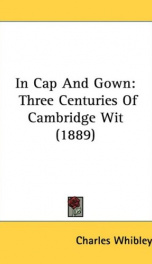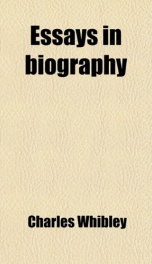literary studies
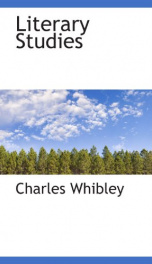
LITERARY STUDIES BY CHARLES WHIBLEY MACMILLAN AND CO., LIMITED T. MARTINS STREET, LONDON 9 9 BIBLIOGRAPHICAL NOTE The Rogues and Vagabonds of Shakespeares Time was a chapter in Shakespeare s England, published by the Clarendon Press in i6. Sir Walter Ralegh was contributed to BlacKwood Magazine in November 1918. Jonathan Swift was given at Cambridge, as the Leslie Stephen Lecture, in 1917. The rest of the book was first printed in the Cambridge History of English Literature. I desire to mr. e whatever acknowledgment is due to the editors under whose auspices the chapters of the book have appeared, especially, as in duty bound, to the Press of my own University. CONTENTS FACE THE CHRONICLERS AND HISTORIANS OF THE TUDOR AGE i TUDOR TRANSLATORS 60 ROGUES AND VAGABONDS OF SHAKE SPE ARES TIME 112 SIR WALTER RALEGH 158 THE COURT POETS 190 . CONGREVE AND SOME OTHERS ... 240 AN UNDERWORLD OF LETTERS ... 298 JONATHAN SWIFT 343 THE CHRONICLERS AND HISTORIANS OF THE TUDOR AGE THE chroniclers and antiquaries of the Tudor period, various as they were in style and talent, shared the same sentiment, the same ambition. There breathed in each one of them the spirit of nationality. They recognised that the most brilliant discovery of a brilliant age was the discovery of their own country. With a full voice and a fervent heart they sang the praise of England. They celebrated with what eloquence they possessed her gracious climate, her fruitful soil, her brave men, and her beautiful women. Both by precept and by example they did honour to their native speech. Our English tongue said Camden, is as fluent as the Latin as courteous as the Spanish, as Court-like as the French, and as amorous as the Italian. Camden praised by precept alone, and composed all his works, save one, in Latin. The other chroniclers, discarding Latin and writing in their own English, paid the lan guage a far higher tribute the tribute of example. All agreed with Plutarch that a part of the Elisian A 2 LITERARY STUDIES Fields is to be found in Britain. And, as they re garded these fair fields with enthusiasm, so they looked back with pride upon Britains legendary his tory and the exploits of her kings. Steadfast in obser vation, tireless in panegyric, they thought no toil, no paean, outran the desert of England. Topo graphers, such as Camden and Leland, travelled the length and breadth of England, marking highroad, village, and township, collecting antiquities, copying inscriptions, and painting with what fidelity they might the face of the country. The ingenuity of Norden and Speed designed the maps which have acquired with time an unexpected value and import ance. The popular historians, gentle and simple, gathered the truth and falsehood of the past with indiscriminate hand, content if they might restore to the world the forgotten splendour of England, and add a new lustre to Englands ancient fame. Their goodwill and patriotism were limited only by their talent. Zealous in intention, they were not always equal to the task they set themselves. The most of them had but a vague sense of history. They were as little able to sift and weigh evidence as to discern the true sequence and meaning of events. Few were even dimly interested in the conflict of policies or in the science of government. What they best understood were the plain facts of battle and death, of plague and famine, of sudden comets and strange monsters. Their works, for the most part, are the anecdotage of history, and npt to be wholly despised CHRONICLERS OF THE TUDOR AGE 3 on that account, since an anecdote, false in itself, is often the symbol of the truth, and since, in defiance of research, it is from the anecdotes of the Tudor chroniclers that we derive our knowledge of English history. For that which had been said by others they professed an exaggerated respect. They accepted the bare word of their predecessors with a touching credulity... --This text refers to the Paperback edition.
Info about the book
Author:
Series:
Unknown
ISBN:
1176795589
Rating:
4.5/5 (4)Your rating:
0/5
Languge:
English
Users who have this book
Users who want this book
What readers are saying
What do you think? Write your own comment on this book!
write a commentif you like literary studies try:
Do you want to exchange books? It’s EASY!
Get registered and find other users who want to give their favourite books to good hands!

